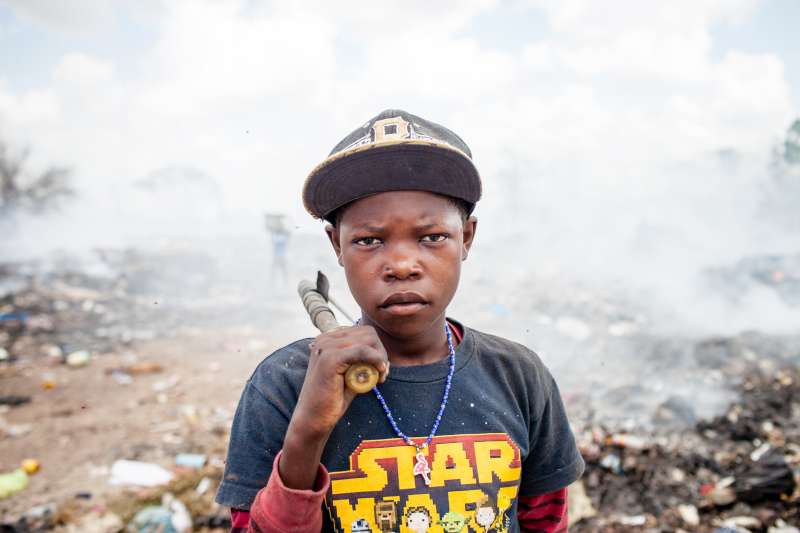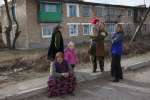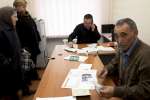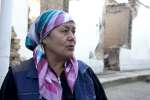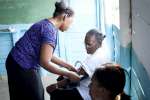Urgent action needed to address child statelessness
News Stories, 3 November 2015
Nov 3 (UNHCR) – Thirteen-year-old Joe Hullman dreams of playing baseball in his native Dominican Republic. But because he has no birth certificate or identity papers, he scavenges instead for scrap metal at the San Pedro de Macoris municipal dump.
Half a world away in Cote d'Ivoire, 10-year-old Issa longs to go to school and get an education, but is left tending animals and cleaning at the local mosque because he cannot prove his identity and is stateless.
In Malaysia, meanwhile, 18-year-old Tha Chaa Yeny's hopes of one day becoming an architect have been dashed because she has no state identification card and just a birth certificate stating that she is a "non citizen."
"I like looking at buildings with designs on them, I want to be an architect. Sometimes I cry when I think about the fact that I will never have the chance to be one when I grow up," she said.
Every ten minutes a stateless child like Joe, Issa and Tha Chaa Yeny is born somewhere in the world. Unable to study, train for a career or even open a bank account, they face a lifetime of discrimination as their status profoundly affects their ability to learn, grow, and fulfil their dreams and ambitions.
Their experiences growing up stateless are highlighted in a new UNHCR study published today: I am Here, I Belong: the Urgent Need to End Childhood Statelessness. It draws on interviews with more than 250 children and youngsters, their parents and guardians in seven countries around the world.
In the report, they tell of the tough challenges they face growing up, often on the margins of society, denied the rights most citizens enjoy. They say they are frequently treated like foreigners in the country they have lived in all their lives, describing themselves as "invisible," "alien," "living in a shadow," "like a street dog" and "worthless."
"In the short time that children get to be children, statelessness can set in stone grave problems that will haunt them throughout their childhoods and sentence them to a life of discrimination, frustration and despair," UN High Commissioner for Refugees António Guterres said at the launch of the report. "None of our children should be stateless. All children should belong."
Stateless young people often face discrimination and harassment by authorities and are more vulnerable to exploitation. Their lack of nationality often sentences them and their families and communities to remain impoverished and marginalized for generations
Statelessness also affects their future. One young woman in Asia, told UNHCR researchers that she has been unable to take up job offers as a teacher because she is stateless and can only find work in a local shop. "I want to tell the country, that there are many people like me."
The UN refugee agency is urging all states to take steps, including allowing children to gain the nationality of the country in which they are born – if they would otherwise be stateless – and reforming laws that prevent mothers from passing their nationality to their children on an equal basis as fathers. It also seeks to ensure universal birth registration to prevent statelessness, and the elimination of laws and practices that deny children nationality because of their ethnicity, race or religion.
The study marks one year since the launch of UNHCR's #IBelong Campaign to End Statelessness by 2024:
You can read Joe's story here




